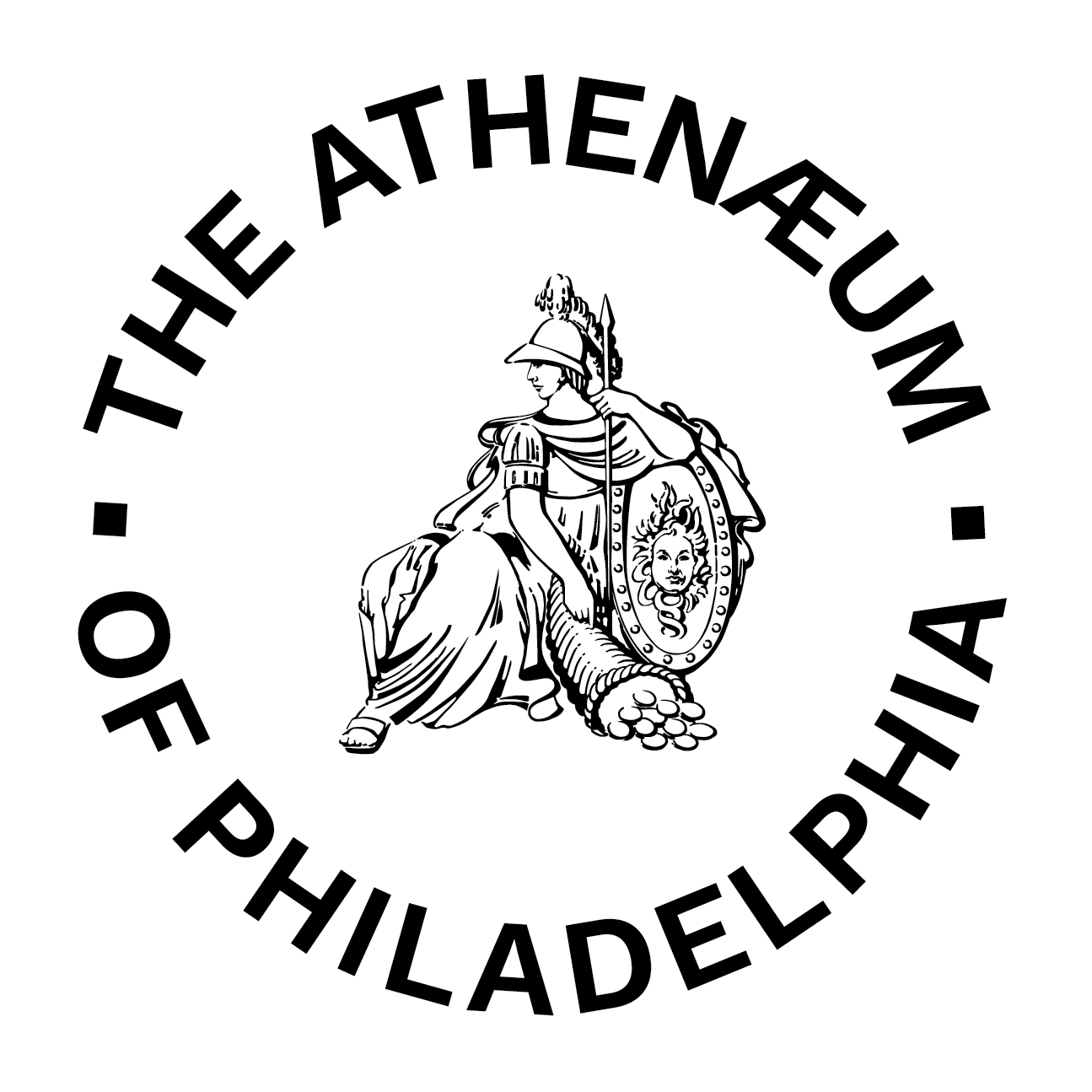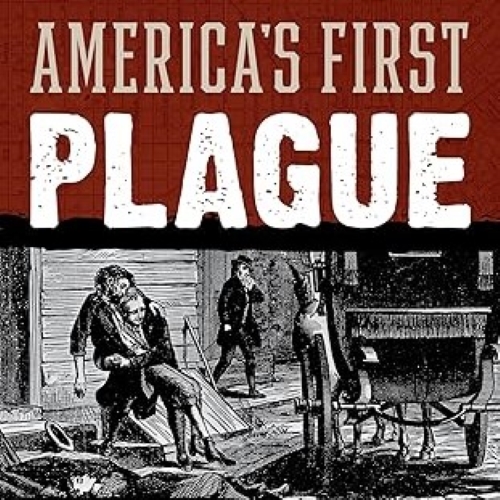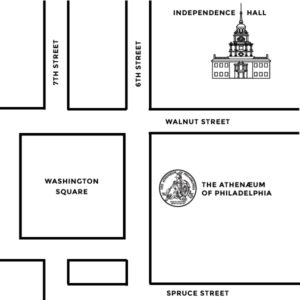Monday, August 19 at 2:00 PM
As disease spread, the national government was slow to react. Soon, citizens donned protective masks and the authorities ordered quarantines. The streets emptied. Doubters questioned the science and disobeyed. The year: 1793. The place: young America from Baltimore to Boston but especially in Philadelphia, the nation’s largest city and seat of the federal government. For 3 long months yellow fever, carried by mosquitoes let loose from a ship from Africa, ravaged the eastern seaboard The federal government abandoned the city and scattered, leaving a dangerous leadership gap. By the end of the pandemic, ten percent of Philadelphians had died.
Historian Robert P. Watson will discuss this long-forgotten crisis - with its eerie similarities to the Covid pandemic - including the wave of fear that swept across the fledgling republic and the numerous unintended but far-reaching consequences it would have on the development of the United States and the Atlantic slave trade. It is an intriguing tale of fear and human nature, a tragic lesson of how prejudice toward blacks was so easily stoked, an examination of the primitive state of medicine and vulnerability to disease in the eighteenth century, and a story of the struggle to govern in the face of crisis.
Robert Watson is an award-winning author, professor, historian, and analyst for numerous media outlets. He has published over forty books on history and politics, five works of fiction, and hundreds of scholarly journal articles, book chapters, and reference essays. He also serves as the series editor for the long-running scholarly book anthology on the American presidency published by the State University of New York and as the editor of two popular multi-volume encyclopedia sets – The American Presidents and American First Ladies – which are currently in their fourth and third editions, respectively. Several of his books have won national and international book awards and been featured at major literary festivals and on C-SPAN.


